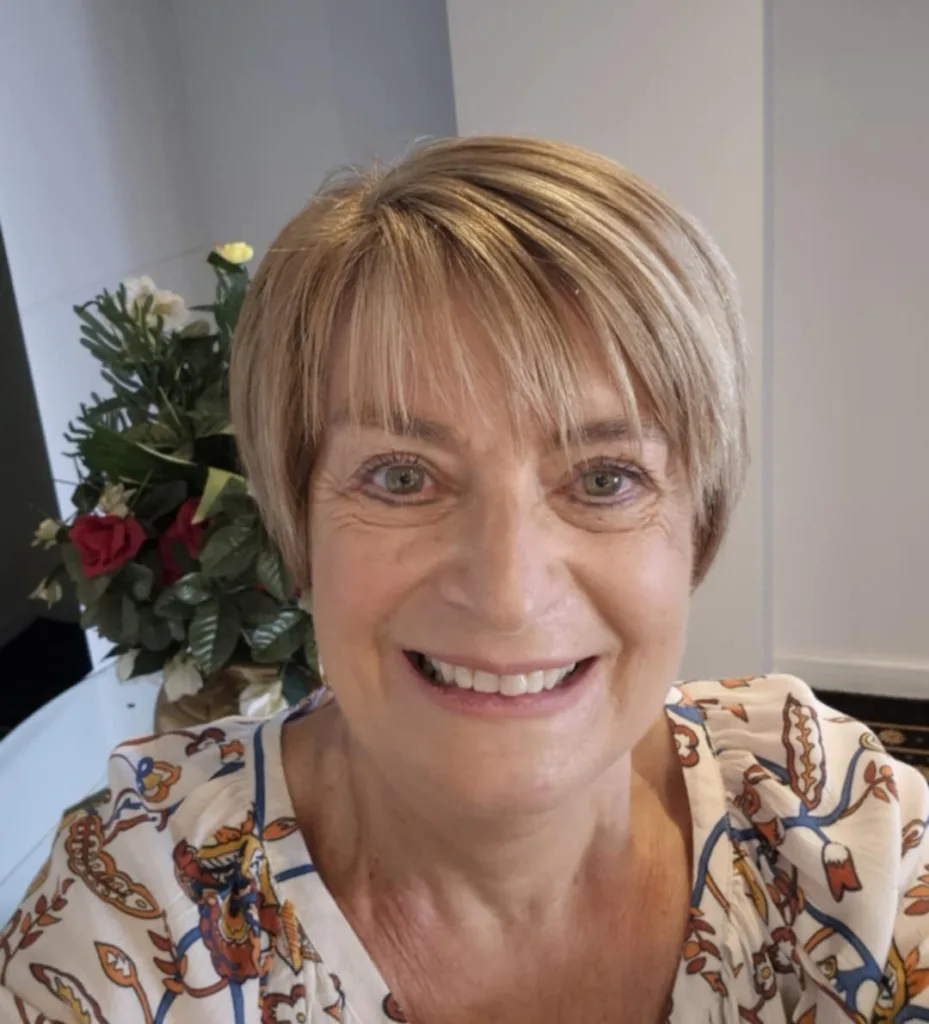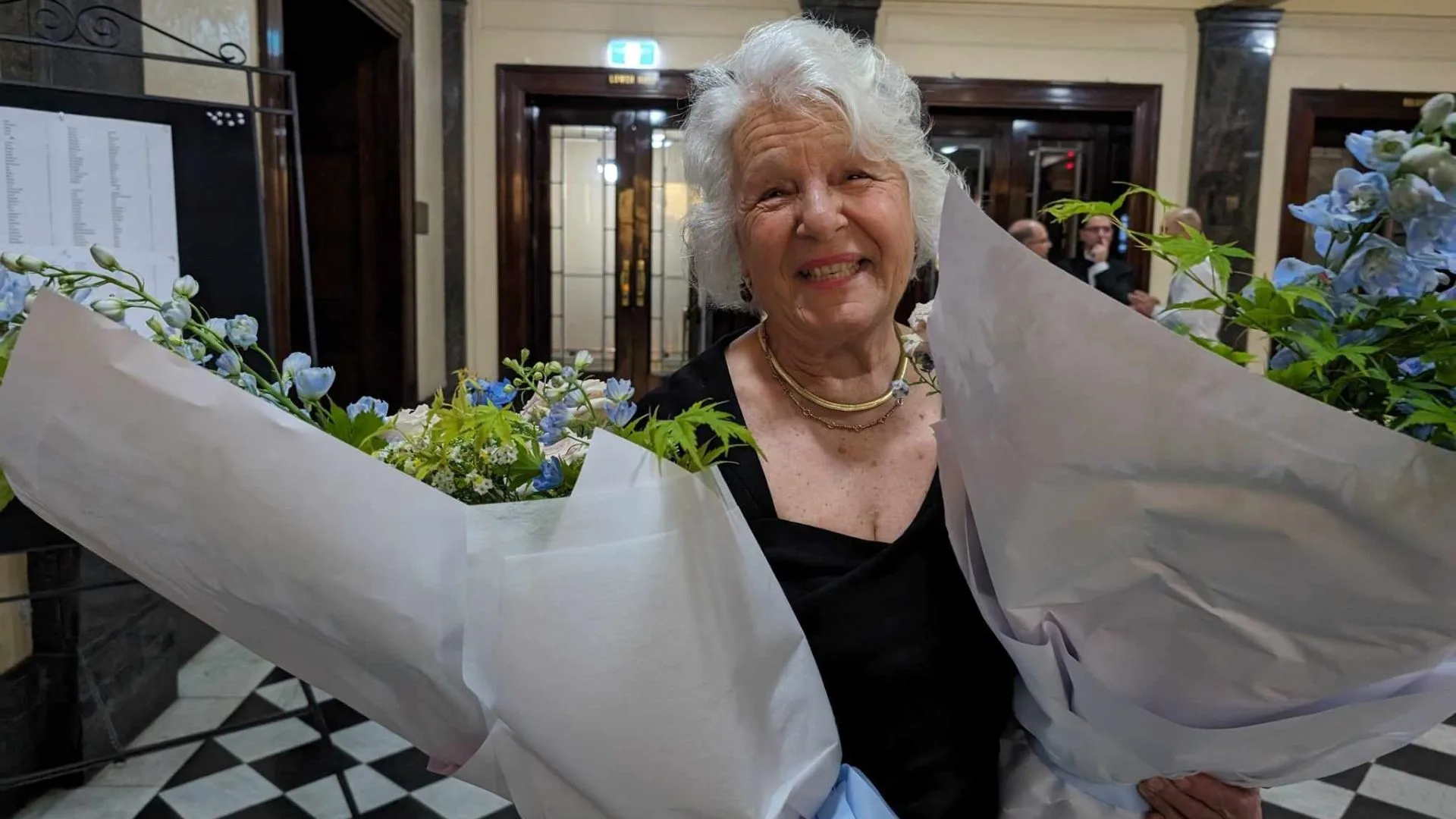For the past decade, the ‘Speak Greek in March’ initiative, started by Mike Zafiropoulos, has encouraged everyone, regardless of background, to celebrate and engage with the Greek language.
Whether you’re a fluent speaker, a beginner, or simply interested in the rich culture, everyone is invited to participate. Speak Greek while drinking coffee with a friend, even if English is your go-to language. Play a family board game in Greek, or head to your favourite Oakleigh eatery and find a friendly waiter who will take your order in Greek!
It’s not rocket science, a simple concept begun 10 years ago. We have invited people who have been part of the program to share their views in a vox pop.
Christos Fifis on the importance of organisations in the campaign
“In my view, Pharos, Fronditha, and Pronia are three organisations which operate in different fields, but all three offer valuable services to the Greek community of Melbourne in the areas of the Greek language and the many cultural and everyday needs.

Pharos is a not-for-profit voluntary organisation—an alliance of educational groups and individuals who are interested in the preservation, encouragement of learning, and promotion of the Greek language in all educational institutions and at all levels. In this sense, it is an organisation which continues the efforts of many past conferences and initiatives, such as the movement “Μιλώ Ελληνικά τον Μάρτη και ασφαλώς όλο το χρόνο” (I Speak Greek in March and of course all year). This was, and always is, the aim. Its importance lies in the fact that its activities aim to remind everyone, by all means, that they should contribute to this purpose, be they teachers, students, parents, grandparents, church members, businesspeople, or media organizations.
Pronia was established in 1972 and contributed valuable services to the families and individuals of the mass immigration at the time, who were facing huge communication problems in the areas of health, education of their children, the legal system of the new country, and in understanding the operation of the Australian Public Services.
I understand that now Pronia has adapted its role to the community needs of today: the problems of the Greek aged, psychological needs of individuals, and family problems associated with language and cultural aspects.
Fronditha, also, has a long history of voluntary contribution to elderly individuals. It has created aged care facilities where Greek is the spoken language, and people can enjoy an environment of Greek culture, Greek cuisine, religious services, and family connection. Our Greek community has appreciated the services of Fronditha, its staff, and its volunteers, and has donated hundreds of thousands of dollars in its appeals, as well as significant individual donations, like those of Michael Grizos, Nikos Vournazos, and others.
The contribution of these three Greek community organisations is valuable because it aims at the promotion of the Greek language and culture in Australia and at servicing the needs of individuals of Greek background. The promotion of the volunteering spirit motivates more persons of Greek background and increases the communication among the active members of the Greek community.”
Dr Christos N Fifis is a leading Greek Australian historian, translator and educator based in Melbourne.
Christina Despoteris on the evolution of the campaign
“The “Speak Greek in March” campaign started in 2015 and has significantly evolved over the years. Initially focused on encouraging the Greek community to prioritise the speaking, learning, and teaching of the Greek language, the campaign has expanded its reach and activities. Originally centered in Melbourne, it has now spread across Australia and even internationally.

In response to community feedback, several changes have been implemented. The first being, expanding the title to “Speak Greek in March and Not Only.” The campaign has introduced more immersive and engaging activities, such as competitions, celebrations, debates, lectures, and special projects related to the Greek language. Additionally, there has been a push to create more informal opportunities for language use, such as games, book clubs, and cultural events. The campaign has also emphasised the importance of sustainable funding and strategic activities, including lobbying the government and supporting community-led efforts.
Overall, the “Speak Greek in March” campaign has grown from a local initiative to a global movement, continuously adapting to the needs and feedback of the community to promote and preserve the Greek language.”
Christina Despoteris has been involved in many initiatives from the first Greek Week, Festival of All Nations to more recent activities with the George Treloar Memorial, the Lemnos Gallipoli Commemoration, the Art & Craft of the Melbourne Royal and President of Sister Cities Australia. She was Secretary, Public Relations and Event Organiser of the Speak Greek in March Campaign.
Cathy Alexopoulos on the obstacles faced by the campaign
“The challenges it faced in continuing were various: lack of enthusiasm from all sides—administration, leadership, parents, schools—finding different angles to keep the flame alive.
You need several committed people at the helm, not only one or two.
Reinventing the wheel is necessary to maintain interest.
We should have included parents in the committee as spokespeople for their generation and the hurdles they face in speaking Greek at home, what incentives, etc., are there.
My understanding is that unless a person (child, adult, etc.) has an innate wish, sees the benefits, to learn a language which is not their native language, then we are wasting our time.”
Cathy Alexopoulos is president of the Greek-Australian Cultural League.
Fotios Tsiouklas on the Metropolis app
“The Greek language is at the heart of our culture, and preserving it is essential. However, to learn Greek requires immersing yourself in the language, which can be challenging in countries where people assimilate into the dominant culture. Especially now among third and fourth generation Greeks who need to be taught the significance of their heritage.

The ‘Speak Greek in March’ campaign provides an opportunity to be immersed in Greek for a month each year. Being around Easter, it encourages young Greeks to enjoy Easter as their families once did in Greece—communicating in Greek, fasting for 40 days, and celebrating with other Greek people, even while surrounded by another language.
In 2018, I created the Metropolis app as a fun and engaging gateway to learning the foundations of the Greek language. Available on the App Store for free, the app introduces essential basics such as the alphabet, words, accents, geography, philosophy, and more. It’s an excellent starting point for young children entering Greek school and parents looking to spark their interest in their culture.”
Fotios Tsiouklas is an entrepreneur who created the Metropolis app when he was still a teenager.
